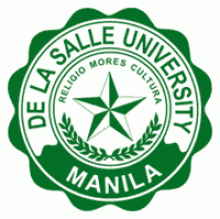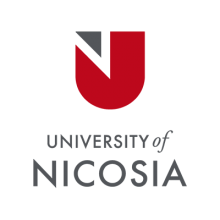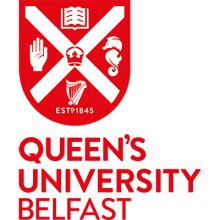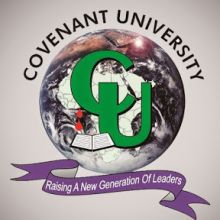About University of Duisburg-Essen
Founded in 2003 by a merger of two universities in the cities of Duisburg and Essen, we are one of the youngest universities in Germany and this comparative youth allows us to seek and pursue fresh ways of looking at things. We think in terms of unlimited possibilities instead of possible limitations. Walking across the two campuses of the University of Duisburg-Essen (UDE), you are likely to meet scientists, scholars and students who have come to the UDE from all over the world. Building on this wealth of sustained internationality and global citizenship, we explicitly promote exchange – of knowledge, of perspectives, of talents. We maintain partnerships with many universities – from China to Brazil to the USA. And we promote mobility within Europe – for example in cooperation with our 265 ERASMUS partner universities in almost 30 countries.
Explore these featured universities
Explore rankings data for University of Duisburg-Essen
Compare universities on their key stats
Key statistics
- 49 : 51Student Ratio of Females to Males(1)
- 20%Percentage of International Students(1)
- 26%Proportion of ISR Publications(1)
- 38.1No. of students per staff(1)
- 40,639Number of FTE Students(1)
Subjects taught at University of Duisburg-Essen
Arts & humanities
- Languages, Literature & Linguistics
- Art, Performing Arts & Design
- History, Philosophy & Theology
Engineering & technology
- Electrical & Electronic Engineering
- General Engineering
- Civil Engineering
Life sciences
- Sport Science
- Biological Sciences
Physical sciences
- Mathematics & Statistics
- Chemistry
- Physics & Astronomy
Clinical, pre-clinical & health
- Medicine & Dentistry
- Other Health
Psychology
- Psychology
Business & economics
- Business & Management
- Economics & Econometrics
- Accounting & Finance
Social sciences
- Politics & International Studies (incl Development Studies)
- Sociology
- Communication & Media Studies
Computer science
- Computer Science
Education
- Education










